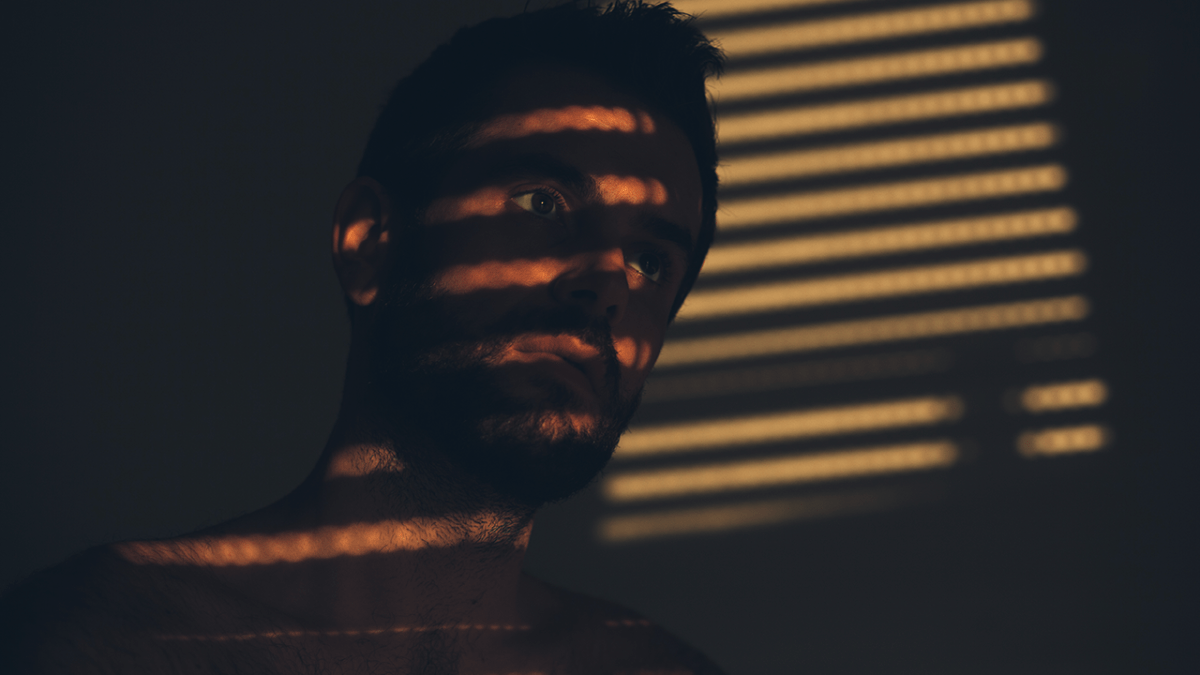
Queer, trans and gender diverse people can experience abuse just like hetero-conforming people. But there’s a myth that it doesn’t happen in our community.
The Federal Government introduced the Personal Safety Survey in 2005. The survey’s aim is to collect data on people’s experiences of physical and sexual assault. Its results have helped define government initiatives and the conversations around domestic violence, particularly towards cisgender women.
The survey found that on average, a cisgender woman is murdered by a cisgender man once a week. But it also found that an overwhelming number of cisgender men are assaulted by other cisgender men.
Melinda Leves is the co-chair of The Eastern Suburbs Domestic Violence Network and domestic violence expert for the We’re Better Than That campaign.
It’s a council-led initiative featuring RuPaul’s Drag Race Down Under queen Maxi Shield that aims to promote respect and healthy relationships within the LGBTQIA+ community as well as encourage men to call out behaviours that contribute to violence and abuse.
Leves told PEDESTRIAN.TV that the Personal Safety Survey’s figures on male violence likely referred to heterosexual male violence in entertainment and sporting venues. But when it comes to abuse, LGBTQIA+ people are “categorically underrepresented”.
“There’s about 11% of our population that might identify as LGBTQ [and] odds are one in three are experiencing abuse,” she said.
“We know men who have sex with other men experience violence. So many men [say they] have experienced violence.
“But it doesn’t look at who is in their relationship and who committed that violence. Anecdotally, we know [the number of LGBTQIA+ men who experience domestic violence and abuse] is higher than people are reporting.”
So what does abuse look like for an LGBTQIA+ person?
LGBTQIA+ people experience similar forms of abuse as heteronormative people such as coercive control and physical violence.
But their experiences can also be exacerbated by their abusers weaponising their gender identity and sexuality against them. Especially if they’re young and living at home with parents who don’t accept them.
Young LGBTQIA+ people often don’t have a strong queer support group when they’re coming to terms with their gender identity and sexuality. Family members who don’t accept their identity may exploit that by controlling who they see and what they do.
It’s a tactic generally used by abusers. But it’s particularly bad for young LGBTQIA+ victims because they often are still coming to terms with their identity and don’t have anyone to help guide them. They’re easily impressionable.
It’s important to acknowledge here that queer people can experience abuse from their family and their romantic partner, and that their relationship with one can affect the other. If someone in a queer relationship is experiencing abuse but doesn’t speak to their family because they don’t accept them, they’ll likely feel further alienated and alone.
Leves said abuse can also look different to trans and gender diverse people.
Their abuser may misgender or deadname them. They may withhold their hormone medication or actively discourage them from seeing a GP who’s willing to support them with their gender identity.
Leves said that if someone is asking questions about what you’re doing and who you’re speaking or hanging out with, it’s likely a sign of controlling behaviour.
Some of these things, particularly coercive control behaviours, are learned at home and unconsciously recreated in our adult relationships. You may have fled from an abusive situation at home where you weren’t allowed to be your true self. But that doesn’t mean that you can’t be gaslit by members of your chosen family.
Maxi Shield agreed.
“There’s a myth that it doesn’t happen in our community or that no one will listen,” she told PEDESTRIAN.TV.
“They stop us from being our authentic self. It’s sort of sad.
“We deserve to have healthy relationships where you can be your authentic self and feel safe.”
What to do if you experience abuse as a queer person?
Leves said if you’re experiencing any kind of abuse to reach out to someone you trust. Talk to them about what’s happening, how it’s affecting you and get an external opinion on what’s going on.
You can also contact an expert who understands the unique forms of abuse queer people experience and how to help you.
If you’re 25 or under and live in New South Wales, Twenty10 is an amazing not-for-profit with trained counsellors who are specialised in dealing with issues affecting young LGBTQIA+ people. It also offers social housing services if you need to flee your home or end up homeless.
If you have been affected by domestic violence, you can contact the NSW Domestic Violence Line on 1800 65 64 63 or the Men’s Referral Service on 1300 766 491.
If you feel that your life is in danger, call 000.
What can you do to support a member of your chosen family who is experiencing abuse?
If you know someone who is experiencing emotional or physical abuse, know that the best thing you can do is actively listen to what they’re going through. Be there for them.
Shield said in these types of situations, you need to sit there and listen. Offer a couch or shoulder to lean on, but don’t assume you understand the situation or speak over them.
If you’re unsure whether a mate is in an abusive relationship, question how your friend has acted recently. Has this person who is independent all of a sudden become completely reliant on someone? Are they in control of their own finances?
If your friend isn’t listening and you’re still concerned, consider speaking to a professional and getting their advice. But it’s worth noting that seeking professional help if your friend is living with their abuser can put them in a potentially dangerous situation.
“It’s a hard thing to talk about because you’re stepping over the boundaries of friendship,” Shield said.
“[But] I would seek professional help if my friend wasn’t listening.”



